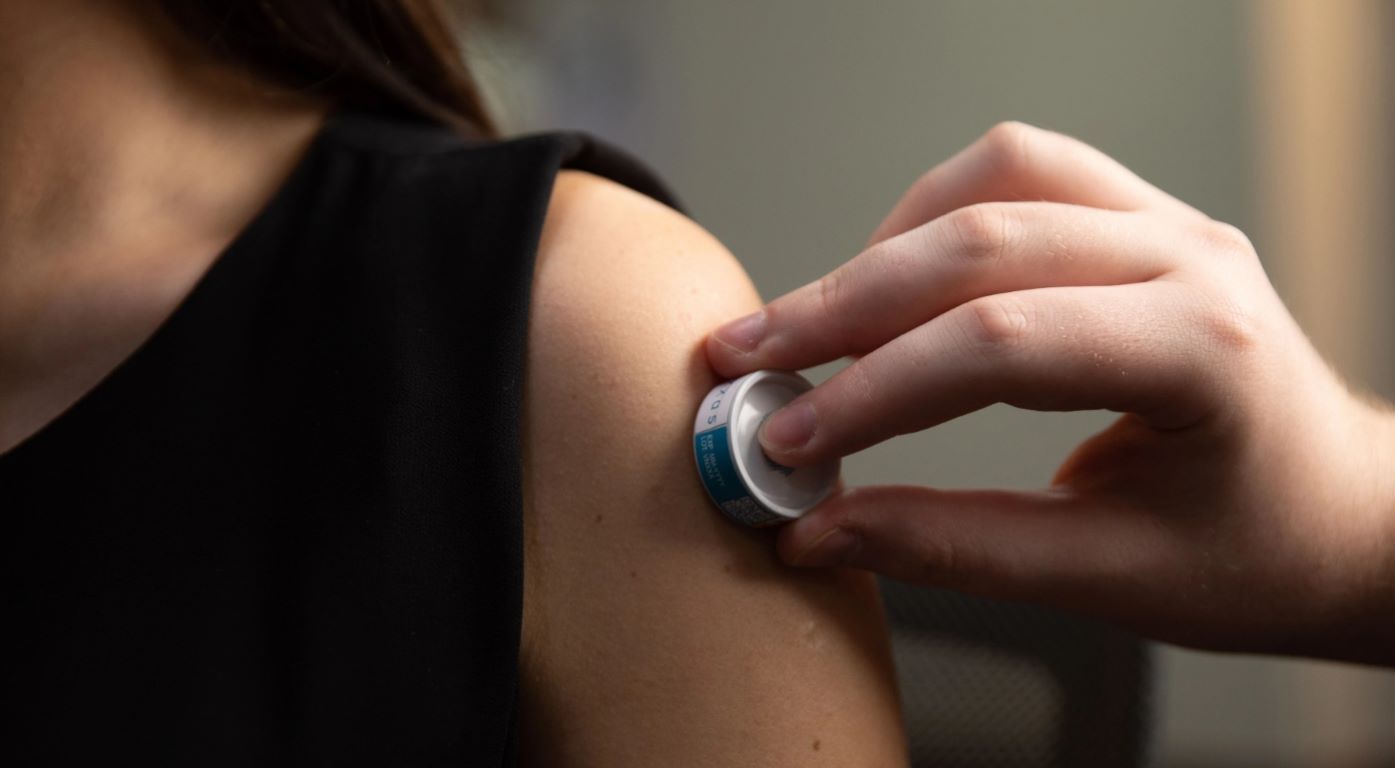It's raining expansions and JVs in China!
19 April 2013 | Analysis | By BioSpectrum Bureau

Western biopharma firms – Trying to catch the Chinese dragon by its tail
Biopharma firms, which are located on the western part of the globe, are keeping a close watch on the dragon nation, with hopes that they can leverage on the potential that China has to offer in 2013.
This is evident from the fact that within a span of 60 days, (during November and December 2012) biopharmaceutical companies belonging to the domains of manufacturing, drug discovery and clinical services, have shown pertinent interest in expanding their presence in China.
In November 2012, US-based Thermo Fisher Scientific opened its new manufacturing facility in Suzhou for sciences consumables and equipment. While expanding its manufacturing footprint, the company is also strengthening its local production capabilities to meet increased customer demand in China and other Asia Pacific markets. The company has invested nearly $20 million in a 12,000 square meter Suzhou plant, which would employ around 150 employees.
"China is one of our fastest-growing markets and has been a key contributor to our success," mentioned Mr Marc N Casper, president and CEO, Thermo Fisher Scientific, while announcing the plan. "The Suzhou facility builds on our well-established presence in China and is an important next step as we closely align our depth of capabilities with China's five-year-plan to develop strategic industries, including pharmaceutical and healthcare among others."
Furthermore, PerkinElmer acquired Shanghai Haoyuan Biotech, a China-based infectious disease diagnostics company at $38 million, during November 2012. The acquisition extends PerkinElmer's capabilities into nucleic acid blood screening and in the growing molecular clinical diagnostics market in China.
It is also reported that US-based ConjuChem, which is engaged in discovery of novel therapeutics, formed a joint venture (JV) with China's Changshan Pharma, valued at $3 million. Similarly, US-based Promega opened its new facility in Shanghai for its China operations that provides additional R&D and cGMP manufacturing capabilities for molecular diagnostics products for the Chinese market.
Strengthening tie-ups with Chinese companies is another strategy that allows a foreign company to enter into China. Swedish company, NeuroVive decided to grant Sihuan Pharmaceutical an exclusive license to develop, market and sell CicloMulsion and NeuroSTAT in China, as well as the intellectual property rights and know how in connection with the products to pass clinical trials. Both CicloMulsion and NeuroSTAT are currently undergoing phase II and III clinical trials respectively.
The investments pouring in China are streamlined with the government's plan to boost the pharmaceutical industry of the country in its 12th Five Year Plan (2011-15), which was announced in 2011.
In 2011, China adopted a national goal of encouraging Chinese pharmaceutical market and sharpen the industrial advancement. The 12th Five Year Plan is focused on encouraging pharmaceutical companies to consolidate domestically and build its market share and technologies to strengthen the business. To achieve significant growth, China needs investments to possess cutting-edge technologies and skills to operate them. The plan is encouraging private capital investments into healthcare services and continuation of existing healthcare reforms.
KPMG states that medicine manufacturing in China will receive boost from the government in terms of funding support as well as policies, tax and R&D incentives. The national emphasis is on building China into a strong drug manufacturing country, capable of independent innovation, increased exports and a global pricing power.
Golden Meditech, a leading integrated healthcare enterprise in China, reported financial results that were in line with management expectations for the six months ending September 30, 2012. During the interim period, the group increased the total revenue by 6.4 percent to $28 million.
Similarly, China Cord Blood revealed its preliminary unaudited financial results for the second quarter and first half of fiscal year 2013, ending September 30, 2012. The revenue for the second quarter of fiscal 2013 increased by 30.5 percent to $20.4 million.
Mr Kam Yuen, chairman and CEO, Golden Meditech, stated that, "The medical devices segment continues to be favoured by the Chinese policies on blood transfusion, while the healthcare services segment recorded a steady performance despite the Beijing haematology hospital operations being temporarily suspended until the 600-bed new hospital to be operational by the end of this fiscal year."
Given the policy targets in pharmaceutical industry of China, it is likely that China would churn out more innovation, cost efficient product ranges and provide quality protection to the investors.











